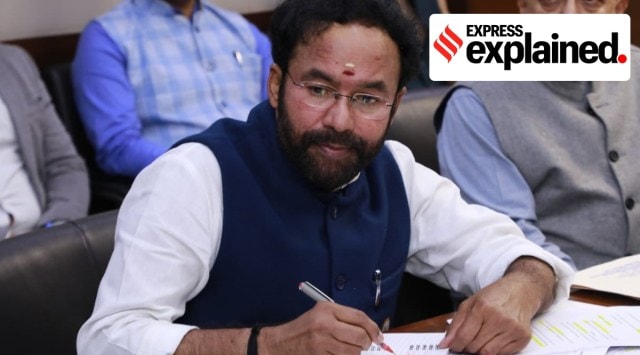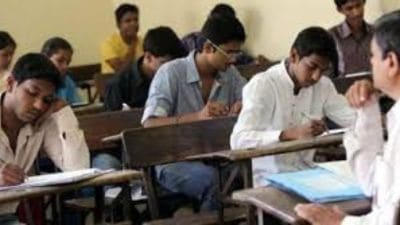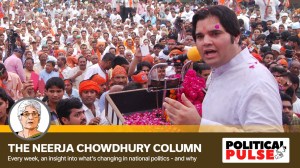- India
- International
Explained: Why Centre has refused to accept Paika revolution as first war of independence
The Centre has said in Parliament that it will not recognise the Paika rebellion as the first War of Independence. What is the Paika rebellion? What is Odisha's demand, and how has the Centre responded?
 Union Culture Minister G Kishan Reddy (Twitter/@kishanreddybjp)
Union Culture Minister G Kishan Reddy (Twitter/@kishanreddybjp)The Centre through a written reply in the Rajya Sabha Thursday said the Paika rebellion cannot be called the first War of Independence. Union Culture Minister G Kishan Reddy stated this in a written reply to a question by BJD MP Prashanta Nanda. Since 2017, Odisha has demanded that the rebellion of Odisha be declared as the first war of Independence. At present, the Indian Mutiny or Sepoy Mutiny of 1857 is called the first war of Independence against British Rule.
What is the Paika Rebellion?
The Paika Bidroha (Paika Rebellion) of 1817 took place nearly 40 years before the first sepoy mutiny. The Paikas were peasant militas of the Gajapati rulers of Odisha who offered military services to the king.
The British established themselves in Odisha when the East India company dethroned the King of Khurda, Raja Mukunda Deva in 1803. The following year, in 1804, the king planned a rebellion against the British and roped in the Paikas for the same. But the plan was discovered by the British who confiscated his entire territory.
The Paikas lost their estates when the new colonial establishments and land revenue settlements of the British came into force. The continuous interference in the economy and revenue systems led to exploitation and oppression of the peasants and farmers eventually triggering a rebellion against the British. A large number of Paikas were mobilised under the leadership of Bakshi Jagabandhu Bidyadhar, who then confronted the British on April 2, 1817. A 400-strong party of Kandhas crossed over into Khurda from Ghumsur and declared rebellion. The uprising spread like a wildfire across the state resulting in several confrontations and encounters between the British and the Paika forces.
Government buildings in Banapur were set on fire, policemen killed and the British treasury looted. Over the next few months, the revolt continued but was eventually overpowered by the British army. Bidyadhar was imprisoned in 1825 and died while still in jail four years later.

What was Odisha’s demand?
For the first time in 2017, the Odisha state cabinet under the leadership of CM Naveen Patnaik had passed a proposal to formally urge the centre to declare the Paika rebellion as the first war of Independence. In his letter to the then Home Minister Rajnath Singh, Patnaik had said, “I request the Government of India to consider this proposal positively so that the people of India appreciate, in correct perspective, the events that led to the Indian freedom struggle and our historic independence from foreign rule.”
In the state cabinet’s proposal, the rebellion was described as a mass agitation and “the first struggle for freedom in the country against the foreign rule in which the people of Odisha had actively participated.” In 2019, CM Patnaik had reiterated the demand at the foundation stone laying ceremony for the Paika rebellion memorial at Barunei by President Ram Nath Kovind.
What has been the Centre’s response?
The Centre had considered the proposal and examined the matter in consultation with the Indian Council of Historical Research (ICHR) under the Ministry of Human Resource Development, now renamed Ministry of Education. And as per recommendations from ICHR, the Paika Rebellion cannot be called the first War of Independence, Union Culture Minister had informed the Rajya Sabha.
However, considering that the rebellion which started in 1817 continued till 1825 and “is one of the beginnings of popular uprisings against the British in India”, the minister declared that it would now be included in the curriculum of Class VIII history textbook of NCERT.
Newsletter | Click to get the day’s best explainers in your inbox
EXPRESS OPINION
Apr 24: Latest News
- 01
- 02
- 03
- 04
- 05









































